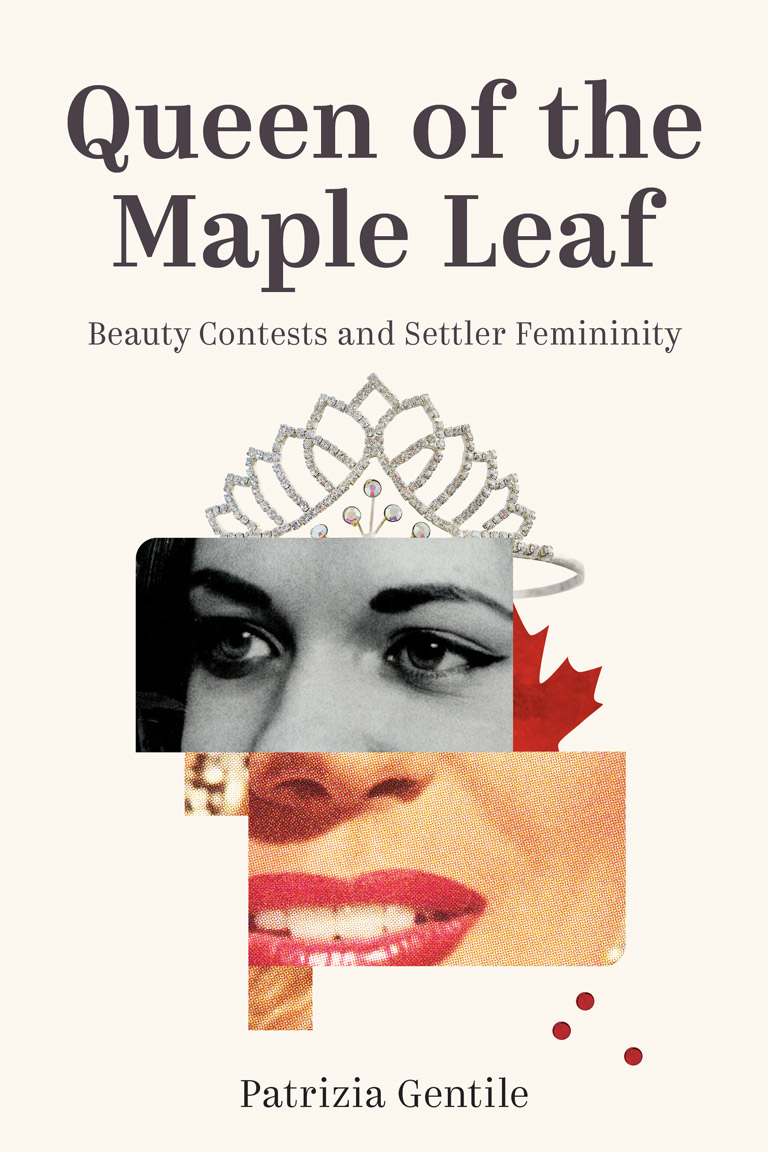Queen of The Maple Leaf

Queen of The Maple Leaf: Beauty Contests and Settler Femininity
by Patrizia Gentile
UBC Press
292 pages, $32.95
Beauty pageants in twentieth- century Canada may have seemed like frivolous entertainment. However, according to the new book Queen of the Maple Leaf: Beauty Contests and Settler Femininity, contests searching for the “ideal Canadian girl” also functioned as tools to reinforce gender, race, and class anxieties in a white settler society.
“As symbolic representations, beauty queens carry visual codes of what a nation and its communities highlight as ideal and valuable,” writes author Patrizia Gentile, an associate professor in human rights and social justice as well as women’s and gender studies at Carleton University.
Pageants put white bodies on display, Gentile argues, promoting settler values of individuality, respectability, and conformity. Emphasizing a “girl-next-door” ideal based on youth and purity not only helped to “sell a homogenous version of what it meant to be Canadian” but was attractive to corporate sponsors.
While Queen of the Maple Leaf focuses primarily on Miss Canada and other well-known contests, it also expertly examines workplace and union-run pageants, such as Miss War Worker and Queen of the Dress Makers, as well as yet others that involve Indigenous, immigrant, and Black bodies performing a version of settler femininity. Of interest for scholars in a variety of fields, Queen of the Maple Leaf is a fascinating look at how gender, race, and consumerism intersect with popular culture.
Themes associated with this article
Advertisement




